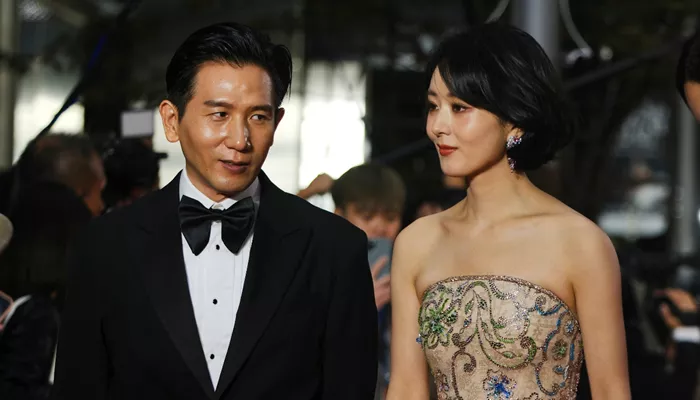In 2019, filmmaker Midi Z made waves with Nina Wu, a film that exposed the exploitation women often endure within the entertainment industry. Released during the global #MeToo movement, the film sparked crucial conversations about systemic abuses of power. Midi Z’s latest film, The Unseen Sister, tackles similar themes of female resilience and societal challenges but brings a new layer of complexity and intrigue to the screen.
Selected for the main competition at the Tokyo International Film Festival, The Unseen Sister explores the lives of two sisters, each leading vastly different existences after exchanging identities. Based on Zhang Yueran’s novel, the film follows Qiao Yan, a young woman living on society’s margins in Myanmar, and her twin, who has adopted Qiao Yan’s name and risen to fame as an actress in China. Despite their separation and contrasting lives, the sisters’ bond and shared secrets pull them together in an unexpected reunion.
The film stars Zhao Liying, a popular Chinese actress known for her television work in series like The Legend of Shen Li and The Journey of Flower. In The Unseen Sister, Zhao Liying makes the leap to cinema, bringing depth to a role that explores themes of identity, sacrifice, and ambition. She is joined by a stellar cast including Huang Jue, Xin Zhilei, and rapper Gem.
Produced by Shanghai Linmon Pictures, The Unseen Sister is part of a broader push by the studio to create films with universal appeal. After its Tokyo premiere, the film is set to screen at the Singapore International Film Festival, giving global audiences a glimpse into the high-stakes world of two sisters living in each other’s shadows.
The Hollywood Reporter caught up with Midi Z and Zhao Liying at the Tokyo Film Festival to discuss the challenges of making a film that blends mainstream appeal with an arthouse sensibility. For Midi Z, The Unseen Sister marks a significant shift as his first major commercial project, with a larger budget and a team of over 300 people. “All my earlier films were smaller,” he explains. “But the core of the story is very Chinese — it’s about family and values.”
The film’s larger scale required Midi Z to adapt his process, particularly when working with actors. Communication, he says, was key. “The chemistry and performance of the actors are actually much more important than the story itself. Before production, there was a lot of communication and rehearsals to build that chemistry,” Midi Z noted, emphasizing how essential these preparations were in bringing the story to life.
The Unseen Sister employs both Mandarin and the Yunnan dialect, adding layers to the characters and the story’s setting. Midi Z’s choice reflects the journey of the characters, particularly the real Qiao Yan, who travels from Yunnan to Beijing. For Zhao Liying, learning the Yunnan dialect presented a new challenge. “We spent about a month before production working on the dialect,” she says, noting that this preparation was crucial in helping her deliver an authentic performance.
With The Unseen Sister, Midi Z has created a powerful narrative on the search for identity, the price of ambition, and the unbreakable bond between sisters. Zhao Liying’s transition to film showcases her versatility as an actress, while Midi Z’s direction continues to explore the lives of marginalized women in a way that resonates universally. As The Unseen Sister makes its international rounds, it remains to be seen just how deeply its themes will resonate with audiences worldwide.
Read more:

